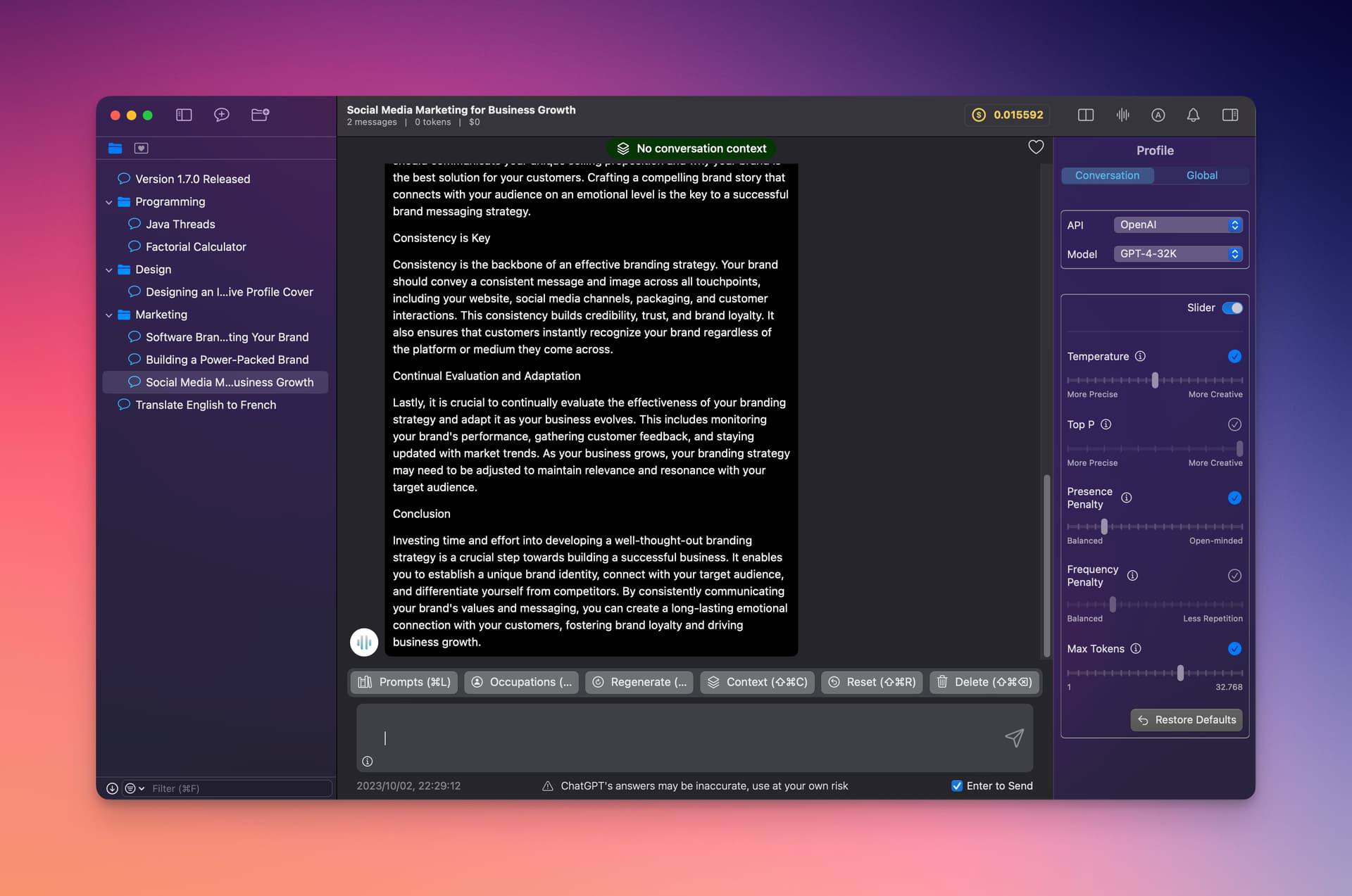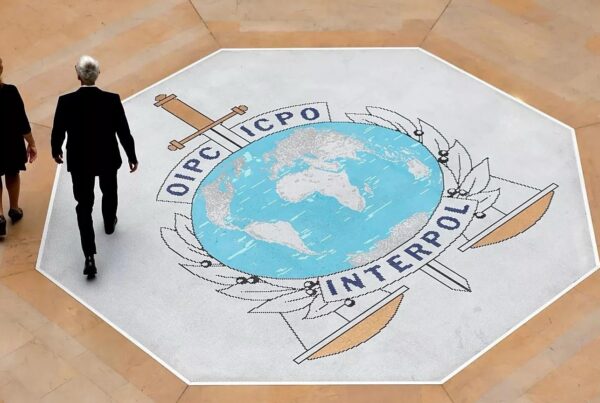ChatGPT has become one of the most popular AI applications with a unique edge that competitors have yet to match. OpenAI, the company behind ChatGPT, launched native applications not only for iOS and Android but also for desktop systems Mac and Windows. This move reflects a bigger strategy to transform ChatGPT from a simple web-based chatbot into a daily work assistant fully integrated across devices.
From the start, ChatGPT attracted a massive daily user base. This popularity drove OpenAI to invest aggressively in native apps. With an official application, users no longer need to depend on a browser to access the service. Shortcuts, notifications, and direct integration with hardware create a faster and smoother experience. Additional features such as ChatGPT Voice also work more effectively through native apps that directly access the device microphone.
From a strategic perspective, native applications open up clearer monetization opportunities. OpenAI can sell ChatGPT Plus subscriptions directly via the App Store, Google Play, and desktop distribution. This not only strengthens the brand but also prevents confusion caused by unofficial third-party apps. With full control over its ecosystem, OpenAI can ensure service quality and safeguard its reputation.
Competitors have taken different approaches. Google integrates Gemini directly into its own products like Search, Gmail, and Android, avoiding standalone desktop apps. Anthropic with Claude focuses on web apps and APIs, building collaborations through Slack and Notion. XAI’s Grok is only available within the X (Twitter) app, with no separate distribution for mobile or desktop. These differences make ChatGPT stand out more visibly in the App Store and Microsoft Store.
The decision to launch native apps for Mac and Windows also has strong technical reasoning. Desktop applications allow deeper integration with operating systems, including drag-and-drop file support, camera access, and keyboard shortcuts. For professionals, these features speed up workflows and make ChatGPT feel more like a productivity tool such as Notion or Zoom, rather than just a chatbot.
ChatGPT’s Transformation Into a Daily Work Tool
The arrival of native apps across platforms reinforces ChatGPT’s role as a digital assistant accessible anytime. OpenAI is no longer simply offering a Q&A chatbot but is building a comprehensive experience that blends into users’ work activities. This positions ChatGPT as an essential workplace application that users rely on daily.
Native desktop apps also place ChatGPT in direct competition with services like Microsoft Copilot, already embedded in Office 365. OpenAI presents its product as a flexible alternative that works across ecosystems, from macOS users in creative industries to Windows users dominating the corporate space. This strategy expands market reach while strengthening user loyalty.
Competitors’ Different Strategies
Gemini from Google, Claude from Anthropic, and Grok from XAI each follow distinct paths. Gemini emphasizes integration within Google’s internal ecosystem rather than standalone apps. Claude prioritizes the web and API adoption for enterprise use. Grok positions itself as an exclusive feature inside the X social platform, without dedicated apps.
These choices highlight how each major AI company has different priorities. Yet OpenAI’s decision to put ChatGPT everywhere makes it the most visible option for the general public. Native apps with instant access reinforce the perception that ChatGPT is the AI best prepared for daily use.
Long-Term Impact
The availability of native apps across all platforms is reshaping how users adopt AI. ChatGPT is no longer just a search tool or chatbot but a versatile assistant for drafting reports, creating presentations, and even supporting creative tasks such as writing articles or brainstorming business ideas. Full integration with devices boosts productivity without requiring users to switch between applications.
This strategy pressures competitors to reassess their distribution models. In the future, more AI tools will likely follow OpenAI’s path, launching standalone productivity apps instead of staying tied to browsers or integrations.
Ultimately, OpenAI’s bold move to launch native apps on iOS, Android, Mac, and Windows positions ChatGPT as a pioneer in embedding AI into everyday life. While competitors stick to limited integrations, ChatGPT is setting the new standard for modern AI adoption.
As a reader, you can continue by exploring related articles about Gemini and Claude to better understand the strategic differences among the world’s leading AI companies.




